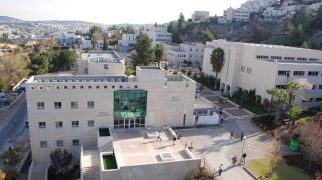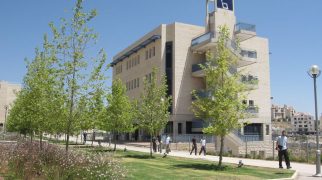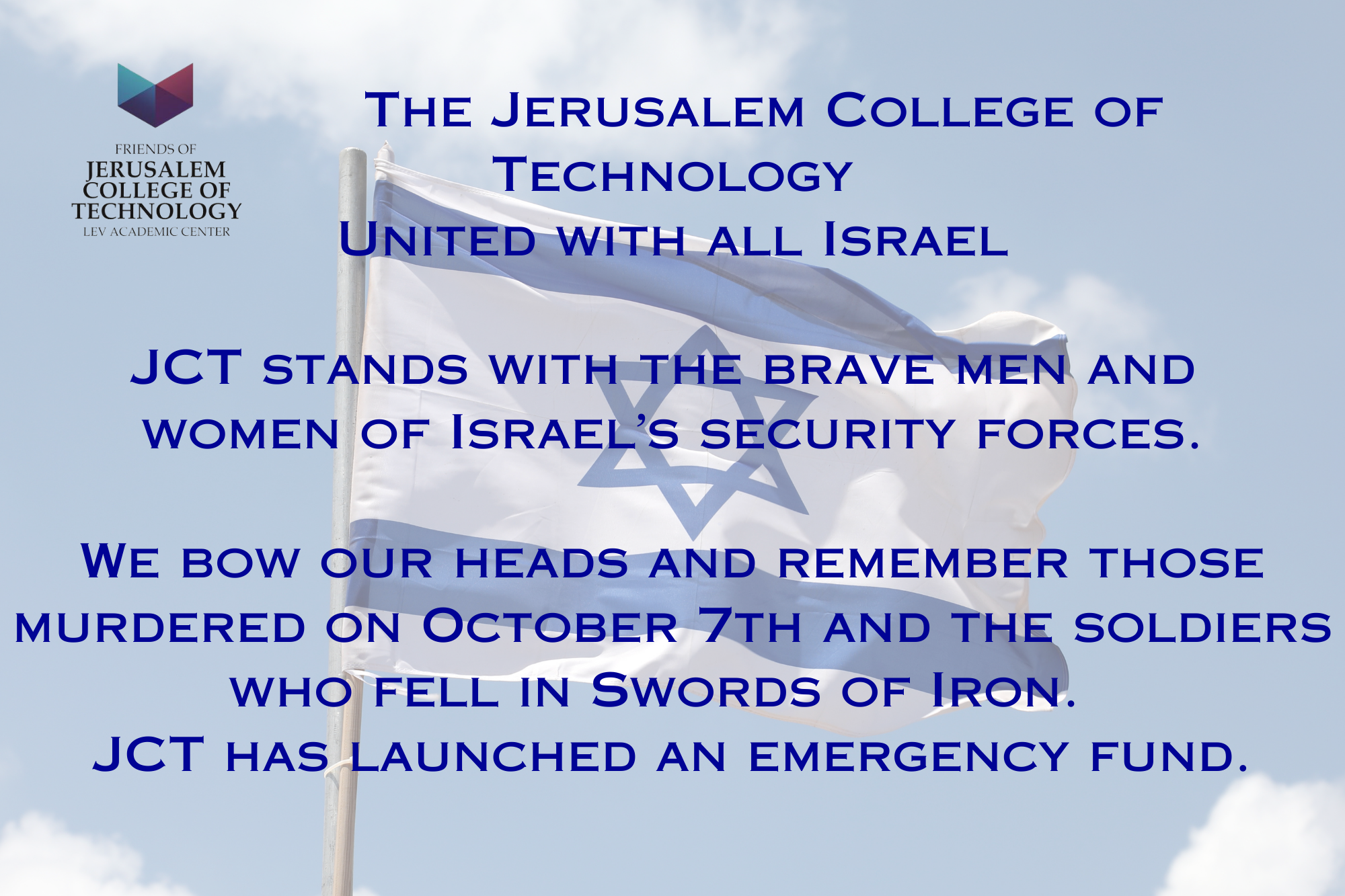September 26, 2019
Israel is reeling from its second election in one year, with this unprecedented development leaving many fixated on the convoluted numbers game of coalition-building.

But as we prepare to enter a new year on the Jewish calendar, our collective attention during this precious time of reflection and introspection might be better-served focusing on a different set of numbers entirely: the ones that spell out the future of Israeli society.
Specifically, the latest election season came and went with insufficient discourse over the educational disparities in Israel. At the most basic level, children are entitled to 12 years of education. However, Israeli children are often enrolled in school based on their demographic community, and the quality of academics across sectors is never equal.
A fragmented school system which teaches Arab, Haredi and secular children entirely different curriculums at a young age fosters a sense of tribalism. These different demographic groups sometimes never meet and when they do, there is often a sense that “the other” is at best a stranger and at worst, inferior. Haredim and Arabs receive the bulk of the public criticism for underemployment, poverty and other socioeconomic struggles in Israel, creating discord in Israeli society.
Then, the paths of different demographic groups diverge even more sharply upon graduation. Secular and religious Zionist children typically serve in the IDF and become productive members of the workforce, while many Haredim enroll in yeshivot and commit to a lifetime of Torah study. As for Haredim who want to pursue employment over yeshiva, many face an uphill battle since their math, science and English skills often lag behind their peers.
On an economic level, research shows that this discrepancy could cripple the Israeli economy in the future. In fact, the OECD stated earlier this year that “Israel’s historically above-average share of tertiary-educated adults is losing ground among younger adults, where the gap with the OECD average is only 4 percentage points.”
At the same time, according to Israel’s Central Bureau of Statistics, the Israeli high-tech sector is experiencing an acute personnel shortage in certain skill sets. Further, a 2018 Start-Up Nation Central survey revealed that 1 million Haredim, once trained, can fill some 15,000 vacant positions in fields like software engineering to machine learning and artificial intelligence — meaning Israel actually does possess the pipeline to address the dual challenges of underemployment among underserved populations and the perceived talent shortage in high-priority fields.
Against this backdrop, the Jerusalem College of Technology (JCT) educates every student that walks through its doors to be well-versed in science and technology, with the core mission of empowering members of Israel’s underserved populations to fill the most pressing gaps in the Israeli workforce.
Simultaneously, JCT fosters integration by demonstrating to the Haredi community that Torah study and higher education are not mutually exclusive. The college’s Haredi graduates attain an 89-percent employment rate, far exceeding the roughly 50 percent employment rate for Haredi men in Israel as a whole.
JCT also bucks gender-based stereotypes, as 53 percent of its computer science students are women, who account for 20 percent of female computer science students in all of Israel, refuting the common notion that women are relatively uninterested in science and technology careers; the college’s 2,000 female students proceed to enjoy a 90-percent employment rate upon graduation.
Our institution’s commitment to diversity and socioeconomic success for all Israelis is further embodied by the 180 Ethiopian students who have graduated from the Reuven Surkis Program for Students from the Ethiopian Community; 97 percent of these Ethiopian students have gained employment and more than 50 percent have gone on to pursue graduate studies.
Seeing such a mosaic of Israeli life thrive on our campus fulfills our obligation as Jews to foster unity among us. And there is no better time to pursue this sacred opportunity than on Rosh Hashanah, when we reflect on our actions and embark on new beginnings.
On Rosh Hashanah, it is our duty to reach out to one another and work on ourselves, in order to ensure we become as cohesive a people as possible. JCT is driven by this mission on a daily basis. Every success story out of JCT contributes to a brighter future not only for each individual student, but for Israel as a whole.
JCT hackathon events, for example, demonstrate how Israelis who are pushed to the margins of society can succeed in the high-tech world. Our Great Minds Hackathon for men — whose winning team this year developed a lifesaving app designed to eliminate human error when checking crucial inventory on ambulances — as well as our women’s hackathons illustrate the unique ability of JCT’s motivated students to find much-needed creative solutions to Israel’s problems.
As we prepare to celebrate Rosh Hashanah and brace for the coming year, let’s cast aside our differences and divisions, as they should never get in the way of furthering the progress of the Jewish state.




